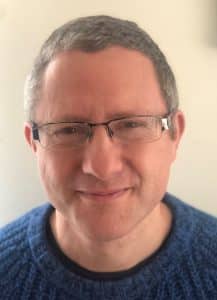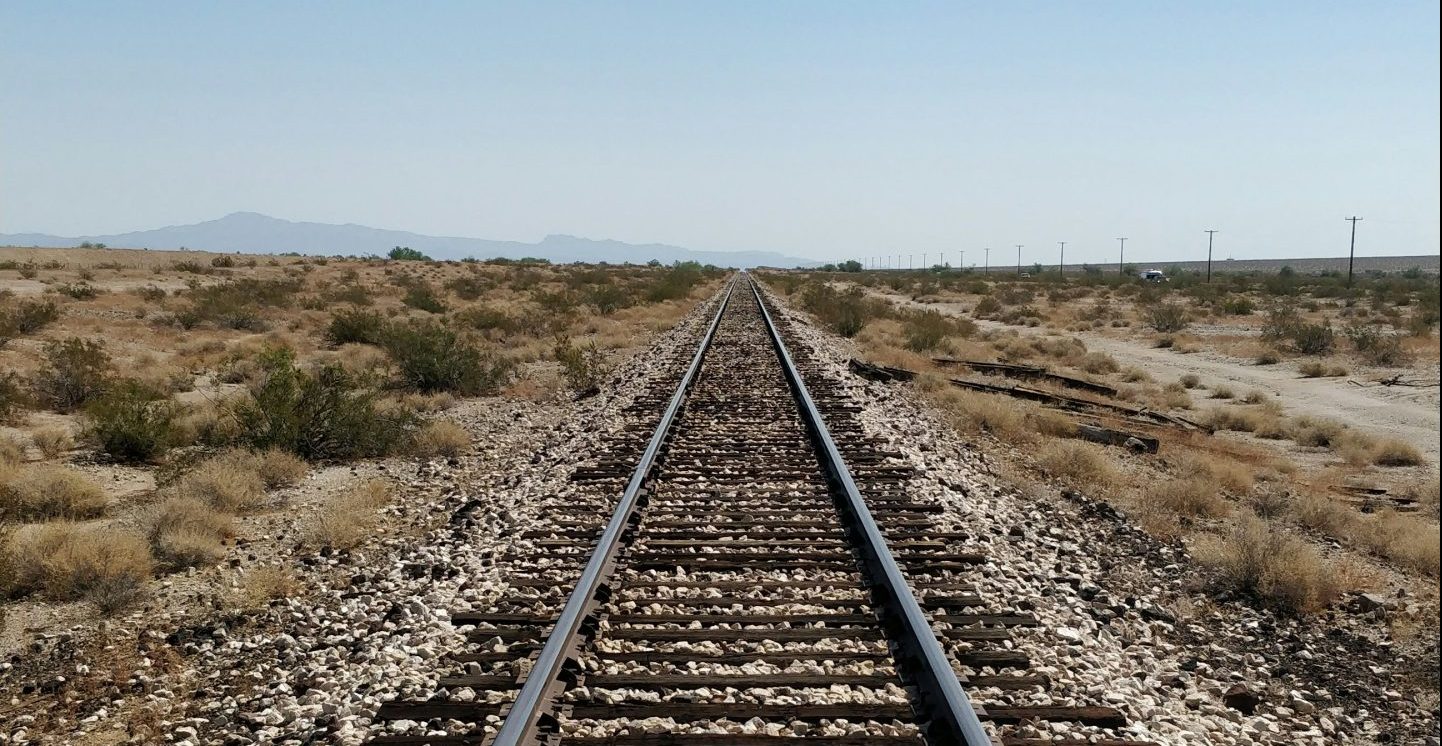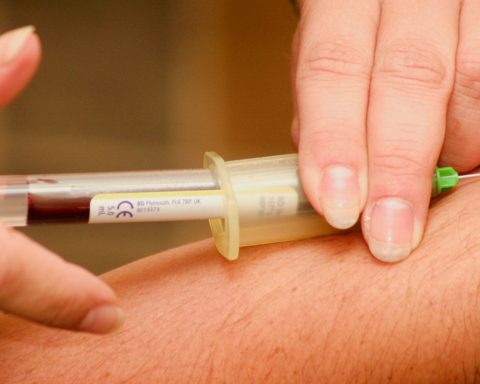
Train-tracks approaching the horizon appear to converge, although in reality, they remain equidistant. UK General Practice finds itself on a train journey along tracks which seem to do the opposite: the further down the line we look, the more they diverge. Should we disembark at the earliest opportunity before disaster strikes, or sit tight and see what happens? Perhaps it’s just an illusion, and we can return to our book or look out of the window, untroubled by horizon-anxiety.
Should we disembark at the earliest opportunity before disaster strikes, or sit tight and see what happens?
One of our rails represents a programme with which perhaps few of us feel totally comfortable, but which has gradually become a part of day-to-day practice. Its emphasis is on proactive, preventive care, and it is inherently risk-averse. Its implicit aspiration is to eliminate disease, and the tools used to achieve this are largely technological and process-based, with an army of generic clinicians implementing approved care pathways, which lead to a variety of diagnostic procedures. This is healthcare at scale, transacted between the citizen and the system on behalf of the people at large, and its motto is, ‘One missed case is one case too many.’ Its dark side is the creeping medicalisation of daily life, and the creation of an informer-state in which every symptom must be reported to the authorities. It sees health as a property of populations, for which individuals are expected to give up their freedom not to worry, and do their civic duty.
The other rail is one that feels more friendly and familiar, if at times a little quaint. It puts the doctor-patient relationship at the centre of care, and it focuses on the individual and their concerns. Its aim is to enable the rest of life, and it therefore sees the significance of a given symptom as much in terms of its impact on a patient’s function as the percentage chance that it might be caused by a cancer. According to this approach, a good patient is one who does their best to get on with life, and a good doctor is one who is available when needed. It recognises death and disease as inevitable and does little to challenge the societal factors that distribute ill health so unevenly. It accepts much, but helps where it can, more of a benevolent grandparent than an omnipotent dictator.
The answer to the question “Am I okay, doc?” is not expressed in numbers.
We are travelling over bumpy ground. The introduction of the Additional Roles Reimbursement Scheme illustrates both the need to expand the primary care workforce and the challenges inherent in combining different professional cultures in a single workplace. Rather than dividing up our workload on the basis of who else can do it – musculoskeletal cases for physios, psychological problems for mental health practitioners, medication reviews for pharmacists – when the whole point of our role is generalism, why not look instead at where it comes from? Those driving NHS policy place a high value on cardiovascular risk reduction and earlier cancer diagnosis across the population, and this has become tangled up with the normal process of looking after patients, who by and large want to see their doctor about things that matter more to them personally. The answer to the question “Am I okay, doc?” is not expressed in numbers.
As we rattle through our busy days, our train still rests on both these rails, and often rocks from one side to the other within a given consultation. The dearth of doctors in primary care, and the need for them to supervise non-medical staff at the expense of their own clinical work, is likely to push us towards a more transactional kind of medicine. On the other hand, a growing awareness of the benefits of personal care may yet pull us back towards something more easily recognisable as General Practice. Perhaps we will just continue on our journey with the same tensions that exist now, but it’s not difficult to imagine a future parting of the ways, with a new national service offering risk-based screening and preventive medicine, while GPs focus on caring for those who feel unwell. It may be that our bumpy train journey will end, not in disaster, but at a shiny new terminal, where we can board one of two monorails heading in different directions. I know which one I’ll be riding.
Featured Photo by Pradeep Susarla on Unsplash






